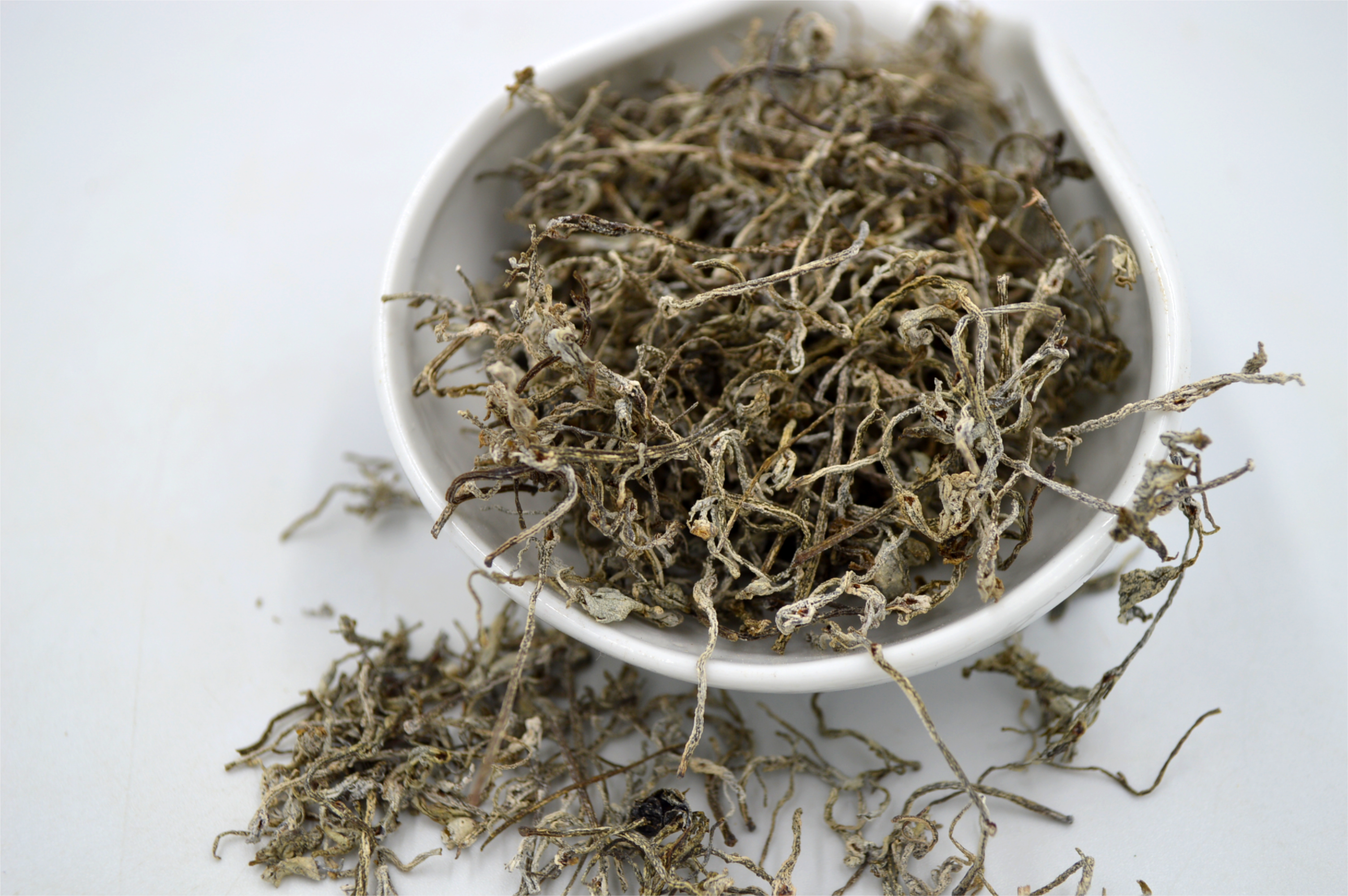Description
Origin: Enshi Tujia and Miao ethnic minority autonomous county, the Southwest of the Hubei Province
Harvest: 2022 Summer
Harvest: 2022 Summer
Latin Name: Ampelopsis grossedentata (Hand.-Mazz.) W. T. Wang
Material: tender leaf tip
Direction:
use glass or porcelain teawares to brew 3-6 rounds at 85℃, 3-5g, tea:water 1:40
- dry tea is with white crystals, lustrous white and tender green color
- tea soup golden yellow, clear and bright
- the aroma is clean and sweet fragrances
- the taste is fresh and sweet, sour, sweet aftertaste
- wet tea flower is tender yellow, whole flush, fresh and lustrous, tender
Introduction:
Tengcha is a tea made from vine plants. It has been scientifically discovered that many plants in the genus Ampelopsis can be used to make tea. Only the leaves of Ampelopsis grossedentata (Hand.-Mazz.) W. T. Wang have been recognized by the Food Safety Standards and Monitoring Evaluation Department of the China National Health and Family Planning Commission as food processing materials. Distributed in Hunan, Jiangxi, Fujian, Hubei, Guangdong and other places in China, grow in valleys, forests, or hillside shrubs at an altitude of 200-1500 meters.
It contains abundant flavonoids, amino acids, vitamins, and essential trace elements for the human body. It has the effects of clearing heat, promoting dampness, detoxifying, and reducing swelling. Compared with the tea category in the <Food Composition List>, its nutritional composition is more complete and superior to general tea, especially the content of flavonoids compounds and selenium is much higher than that of green tea and flower tea. Vine tea is rich in selenium, with the element symbol Se, which is an essential trace element for the human body.
The tea like beverage made from the tender leaves of Ampelopsis grossedentata, which have been killed green, rolled, and sun dried, is called rattan tea, also known as “Maoyanberry tea”, “Sweet Dew tea”, etc. It has a sweet aftertaste and a good taste. People with spleen and stomach deficiency and cold should not take too much or too long. Ampelopsis grossedentata is the raw material for making traditional Tujia ethnic group “musty tea”. The new health product Maoyanberry tea developed since the late 1990s has become the most well-known local specialty product brand in Zhangjiajie.
Vine tea generally appears in the form of tea, which is no different from other tea drinking methods (all brewed with boiling water). However, due to the abundant nutrition of vine tea, high water temperature can easily lead to nutrient loss or failure. Generally, the water temperature is not too high and should be controlled at around 85 ℃.























